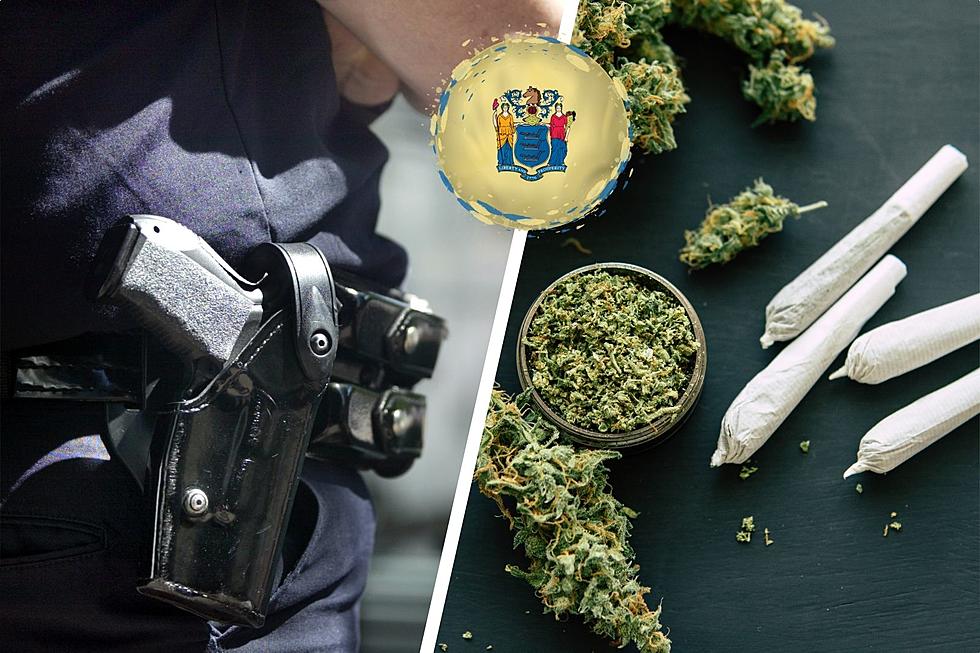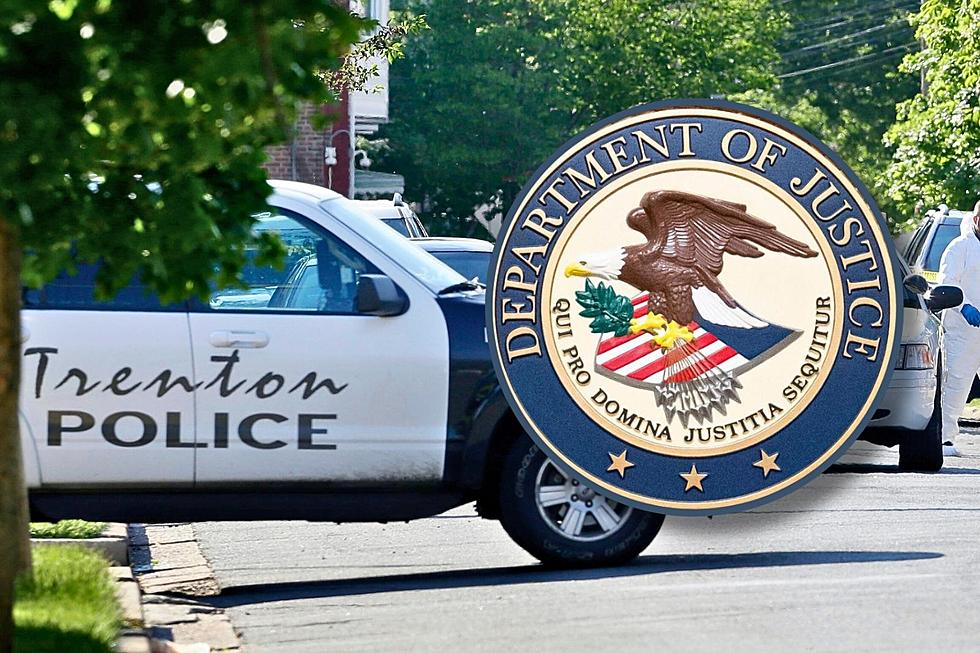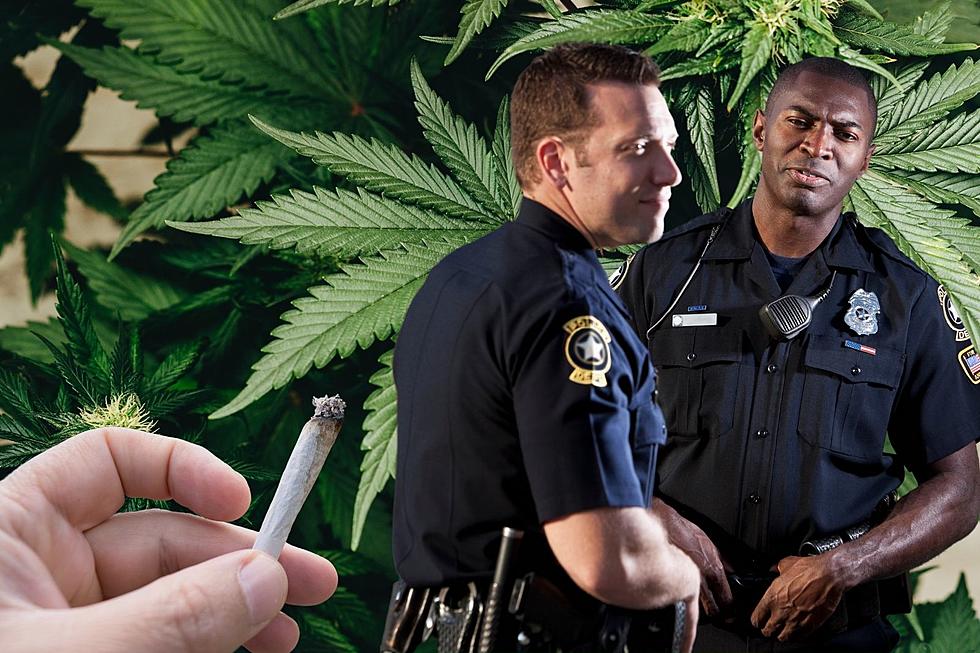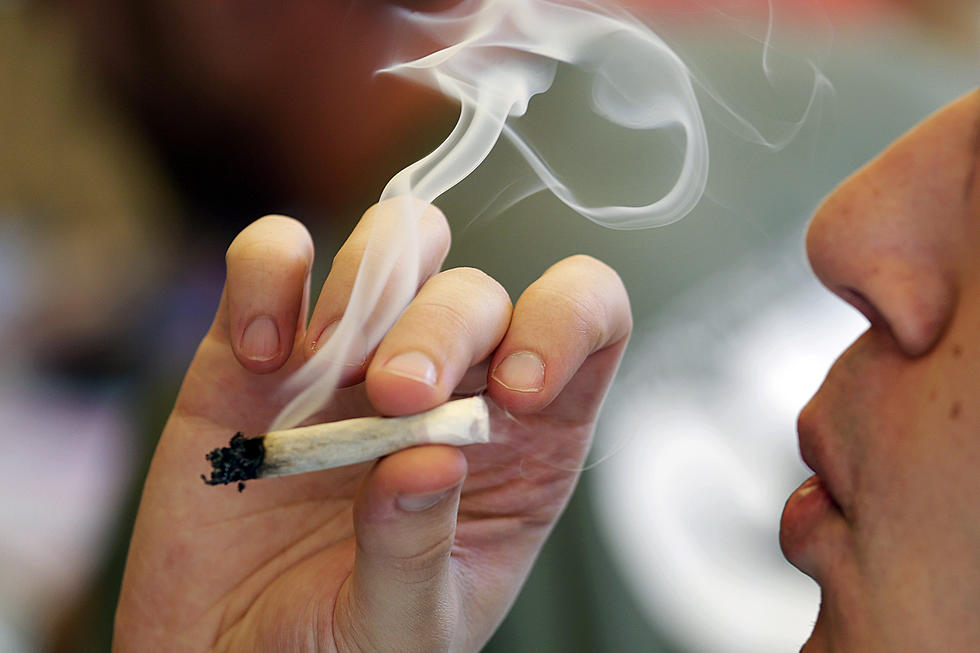
NJ lawmakers urged to approve medical marijuana for PTSD
Some state Assembly members are renewing a push to add post-traumatic stress disorder, or PTSD, to the list of medical conditions that qualify someone to receive medical marijuana in New Jersey.
A half-dozen of the 24 states with medical marijuana programs currently include PTSD, with Illinois also on the cusp of adding it. While it would theoretically apply to anyone with the disorder, advocates put a particular emphasis on the potential benefits for military veterans back from the battlefield.
Assemblyman Vince Mazzeo, D-Atlantic, said 10 percent to 12 percent of an estimated 428,000 veterans living in New Jersey suffer from PTSD and that psychotherapy and antidepressants don’t always help. One in five veterans back from Afghanistan or Iraq have PTSD, said Assemblyman Reed Gusciora, D-Mercer.
“To have another avenue for relief which will be a dramatic effect for many, many of our veterans I think is a good step in the right direction,” said Mazzeo, the primary sponsor of bill A457.
“It does alleviate the suffering,” said Gusciora. “And I think that’s the important thing is bringing some normalcy back to people who are hurting after they come back from war.”
Among the medical conditions that currently qualify a patient for inclusion in New Jersey’s medical marijuana include epilepsy, glaucoma, HIV/AIDS, cancer, multiple sclerosis, muscular dystrophy and terminal illness that carries a prognosis of less than a year to live.
Backers of adding PTSD to the medical marijuana program say it can help reduce suicides among veterans, which are estimated at 22 a day nationally. Gusciora said there have been studies in other countries that show benefits and that Israel has administered medical marijuana to soldiers in the field.
Trenton resident Philippe Dumé, a combat veteran who served in the military for seven years, said he suffers from PTSD and once attempted suicide. He said he’s fortunate in that he has a medical marijuana card related to muscle spasticity in a leg where he had a knee replacement.
“It helps me out,” Dumé told lawmakers. “I’m medicated right now. That’s the only reason I’m able to speak to you guys. It helps me out. It helps me calm down. It helps me sleep.”
Trenton resident Leo Bridgewater, who served for five years in Iraq and Afghanistan and has worked in the Pentagon, said two of his Army buddies committed suicide in the past year and a third tried. He said he’s surprised PTSD isn’t already part of New Jersey’s medical marijuana program.
“It would just bother me, it wouldn’t sit right with me, if this didn’t get rectified in some way, shape or fashion,” said Bridgewater, who has a medical marijuana card due to chronic knee pain.
The bill is repeating the path an earlier version took last year. Unable to get a hearing in the Assembly health committee, it was shifted to the Assembly Regulatory Oversight Committee and advanced. The full Assembly approved it 53-13-7 in March 2015, but the bill stalled in the Senate health committee, which heard testimony on the idea in December but didn’t hold a vote.
Even if it gets through the Senate, it could then run into trouble at the desk of Gov. Chris Christie, who has shown a reluctance to expand the medical marijuana program and has been criticized at times for the way his administration put in place a program signed into law the day before he took office.
“I think that even this, the governor will find some empathy. I think it’s a learning curve,” Gusciora said. "It shows great promise. And when you have 22 suicides a day in this country from soldiers returning from war, I think if the medical science is there and it’s a recommendation from the doctor, I don’t think that we should interfere with that.”
One doctor testified before the Assembly Regulatory Oversight Committee on the bill Thursday: Alexander Neumeister, a psychiatrist and neurologist and consultant to Mitsubishi Tanabe Pharma Development America, who said he has studied PTSD for 15 years.
Neumeister said veterans are an obvious population that would benefit from the expansion, but not exclusively.
“PTSD is real, and it really affects a very significant number, not only of service members but also of police officers, for example, of firemen,” Neumeister said. “But also civilian PTSD is a problem that we should not forget. Sexual abuse, domestic violence is really an epidemic, unfortunately, worldwide.”
The National Institute of Mental Health says PTSD is a disorder that develops in some people who have seen or lived through a shocking, scary or dangerous event and continue to experience problems after the healthy “fight-or-flight” response to a traumatic situation typically subsides.
The NIMH says symptoms include flashbacks, bad dreams and frightening thoughts; avoiding places, events or objects that are reminders of the experience, feeling guilt or losing interest in enjoyable activities; and being easily startled, feeling tense and having angry outbursts and trouble sleeping.
If the symptoms last more than a few weeks, a person may have PTSD. Symptoms usually begin within three months of an incident but sometimes begin years later.
To qualify for medical marijuana, a person’s PTSD symptoms would have to be resistant to conventional medical therapy such as psychotherapy, antidepressants and anti-anxiety medication.
The three Democrats on the committee Thursday voted for the bill, while the one Republican present, Assemblyman Ronald Dancer, R-Ocean, voted to abstain, as he did when the Assembly voted on the bill last year.
Dancer asked a few questions of Neumeister, including whether different forms of medical marijuana – pills or edibles rather than smoking, for instance – were more effective and whether use of the drug was shown to impair patients when it came to things such as driving.
More From New Jersey 101.5 FM









